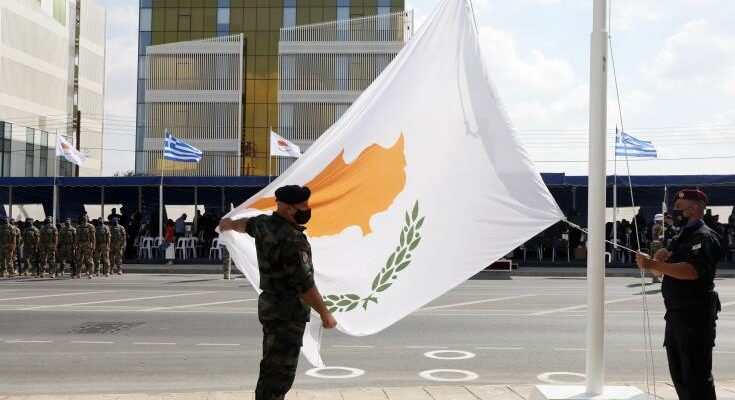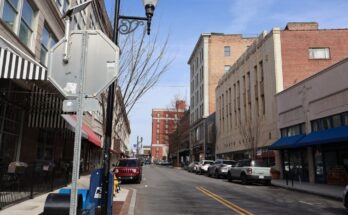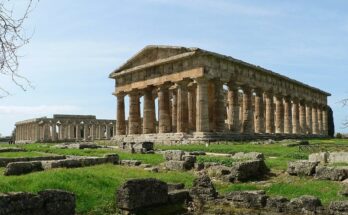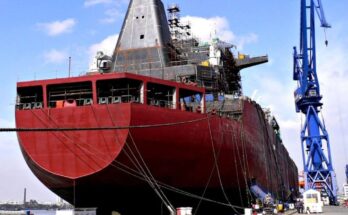
Cyprus marks October 1st, Independence Day, with a traditional military parade in Nicosia. It has been sixty-four years since the republic was established after Cyprus finally won full sovereignty from Britain.
October 1 became a national holiday in Cyprus in 1979.
Taking part in Tuesday morning’s parade were motorized and infantry divisions of the National Guard, the police, the fire brigade, the forestry department, the civil defense, and the ambulance service.
“The day of celebration of the Republic of Cyprus is a day of remembrance, honor and awe to all those who with their struggle and sacrifices managed to make Cyprus an independent and sovereign state,” President Nikos Christodoulides said in a social media post.
The official commemorations attended by President of Greece Katerina Sakellaropoulou began at 8.30 am, with Christodoulides laying a wreath at the Imprisoned Graves at the central prison, where 13 EOKA fighters killed during the 1950s were interred.
Then, at 9 am, Christodoulides laid a wreath at the monument to the island’s first president, Archbishop Makarios III, and subsequently visited the Liberty Monument on Nicosia’s walls to lay another wreath.
Cyprus Independence Day marks the end of British colonial rule
Cyprus was originally a colony ruled by the United Kingdom from 1878 until 1960. During the 1950s, the Greek people of Cyprus began to fight for unification with Greece, deciding to fight under EOKA.
EOKA was organized by Col. Georgios Grivas, an officer in the Greek army, with the support of Makarios III, Orthodox archbishop of Cyprus.
Its armed campaign, begun early in 1955, reached a climax in 1956, with the exile of Makarios to the Seychelles and the temporary depletion of British forces in the island because of the Suez Crisis.
By early 1957, however, a reinforced British army renewed attacks on the mountain hideouts of the considerably outnumbered EOKA. Violence subsided after Makarios’s release from detention in exile in March 1957, though there were increased hostilities leading up to mid-1958, when EOKA clashed with Turkish Cypriot guerrillas.
In 1958 Makarios announced he would accept independence for Cyprus rather than union with Greece. In February 1959 a compromise agreement was concluded between Turkish and Greek representatives at Zürich and endorsed by the Cypriot communities in London. The next month, EOKA disbanded.
The conflict lasted for four years, resulting in the British Governor Sir Hugh Foot declaring Cyprus’s independence.
Instead of unifying with Greece, Cyprus was declared independent due to the Turkish minority groups not wanting to become an even smaller minority group under the rule of Greece.



